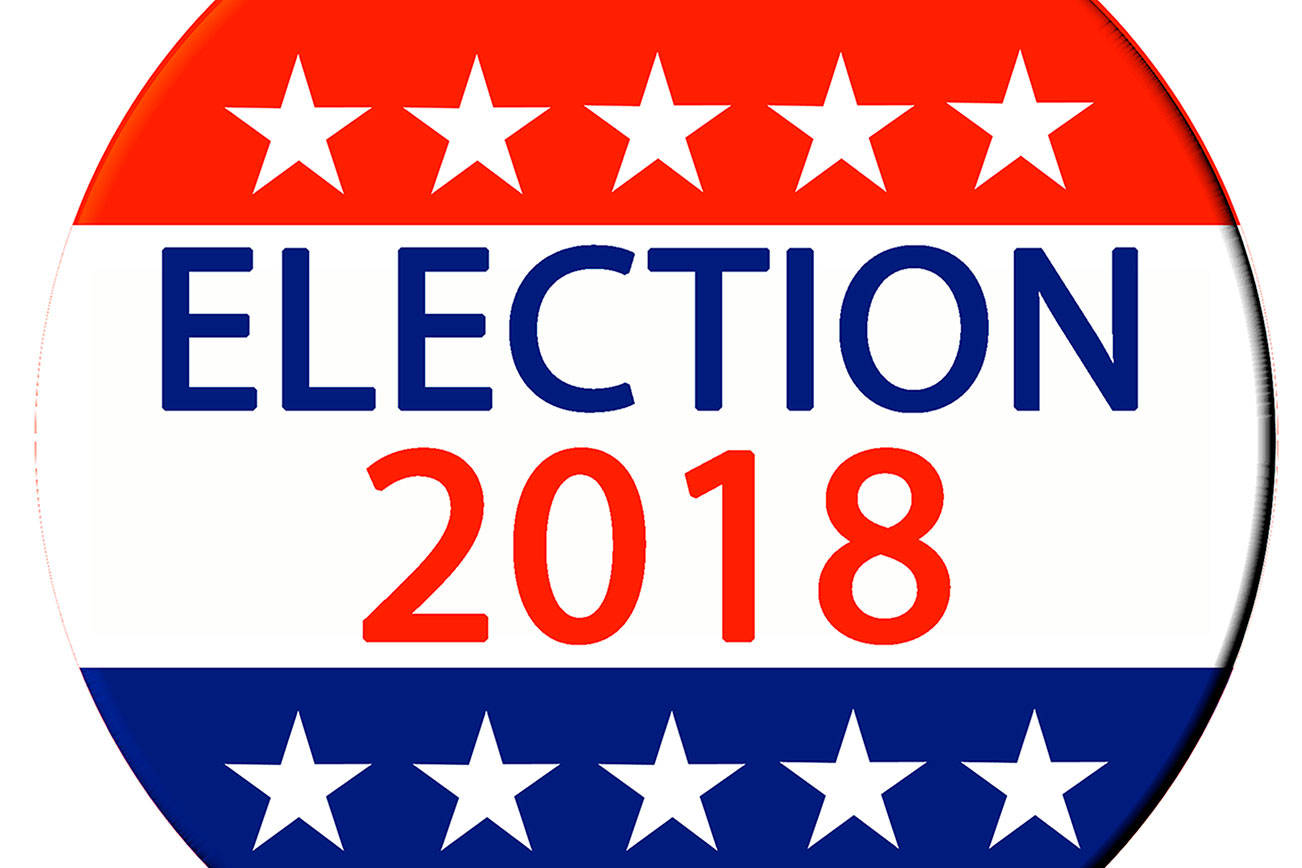Purchasers and sellers of county real estate may pay more to help others have the chance to live in the San Juan Islands.
This November, San Juan County residents can decide whether to approve a tax on the sale and purchase of county real estate to develop and preserve local affordable rentals and home ownership.
On May 22, San Juan County Council members unanimously approved to send a measure to enact an affordable housing Real Estate Excise Tax, or REET, to the November ballots. If passed, it would add $2,688 more to a median-valued county home ($537,500), by adding 0.5 percent of the selling price of county real estate, with the buyer paying 99 percent and the seller paying 1 percent.
Prior to the vote, seven San Juan County residents spoke in favor of the tax, including the former director of the San Juan Community Home Trust Nancy DeVaux, who noted that working residents cannot afford to live in the islands.
“People who are doing the essential jobs in our community are being priced out,” she said.
Anne Marie Shanks of Deer Harbor added that business owners struggle to hire because employees cannot find housing.
“Businesses in my community have to be wealthy enough when they start or buy a business to buy housing [for employees],” she said.
If the measure passes, funds would purchase, build, rehabilitate and maintain housing for those with low to moderate incomes, as well as special needs. Income eligibility is determined by the county’s median income, which is released by the U.S. Department of Housing and Urban Development.
The measure comes after years of first-hand accounts of local residents feeling the housing pinch, as well as recent reports by county staff outlining the crisis.
According to one county report, about half of the islands’ residents cannot afford to live in nearly 80 percent of the county’s total houses. The majority of houses are affordable for those who earn between $75,000 and $149,000 a year, which accounts for about 25 percent of the population. Affordable housing is defined by the county as equaling no more than 30 percent of an occupant’s gross monthly income.
If passed, the tax would be implemented 30 days after the Nov. 6 election is certified and projects would be awarded funds by winter 2019. Recipients of the funds could include nonprofits and housing authorities, as well as for-profits.
Priorities for the funds are set by the county’s strategic plan on affordable housing, which was adopted in 2017 and is approved annually. Current priorities include creating long-term rentals from $0-$940 a month and homes that sell from $80,000-$275,000.
If approved, the tax would be implemented through 2030 and is expected to generate $15.2 million over that period. San Juan County Council members will have the final say on fund recipients. Projects must restrict affordability for a minimum of 30 years, but projects that create perpetually affordable housing would be given the highest preference.
The majority of funds would support projects that meet the aforementioned requirements, while leftovers could support low-interest loans — for the same type of projects — that would be expected to be paid back within five years.
Councilmen also unanimously voted to adopt a plan for the collection of the tax, if it passes, as well as to amend the county code and add a new code chapter to implement the tax.
Ballots for November’s election will be mailed on Oct. 19 and ballot boxes close at 8 p.m., Nov. 6.
Visit www.sanjuanco.com/341/County-Council to watch the May 22 meeting.




